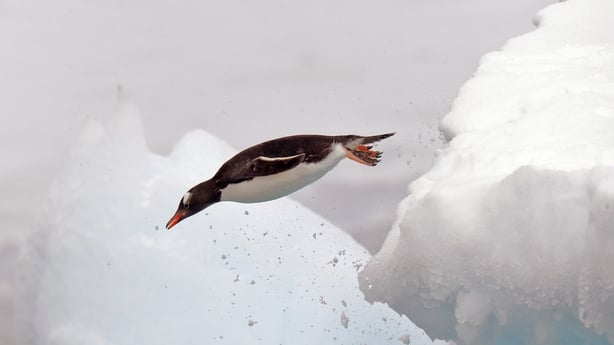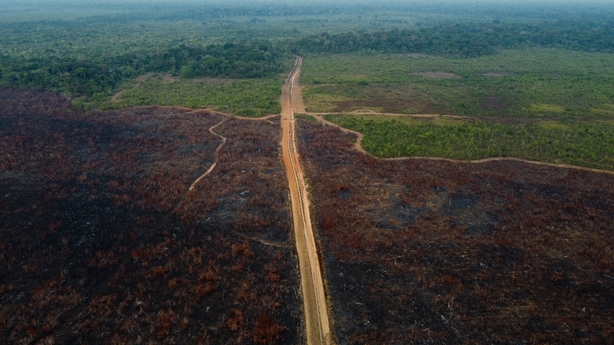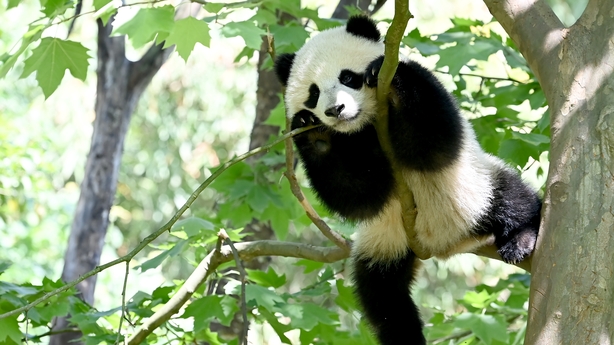The browser-based artwork the “Anthropogenic Slot Machine” combines the concept of gambling with the alarming decline of wildlife and plant populations worldwide.
Our addiction to fossil fuels, deforestation, and destructive land use policies are endangering these precious species. When you spin the wheels of the Anthropogenic Slot Machine, the sounds you hear represent extinct or endangered animals.
If one of the three windows displays a carbon-polluting machine, the screen turns blood red, and you’ll hear the sounds of industry and polluting machines. However, if you land on all nature, you’ll hear the sounds of birds and pure nature untouched by carbon emissions.
Linking the addictive nature of gambling with the loss of wildlife and their habitats is fitting, as our excessive consumption of the earth’s resources continues with every press of the gas pedal.
According to the Living Planet Index by the World Wildlife Fund, wild animal populations have declined by almost 70% in the past 50 years. This assessment highlights the devastating impact on plants, animals, and insects, primarily caused by human activities, especially the burning of fossil fuels. The World Wildlife Fund studied more than 5,200 species for its Living Planet Report, and found that out of the nearly 32,000 populations analyzed, there was an average decline of 69% since 1970. Up to 2.5% of mammals, fish, reptiles, birds and amphibians have already gone extinct, the report says. Recent studies estimate about eight million species on Earth, of which at least 15,000 are threatened with extinction.

Current estimates are 150 to 200 billion tonnes of carbon is fixed in the forests of the Amazon, equivalent to 550 to 740 billion tonnes of CO2, or 10 to 15 times more than our annual greenhouse gas emissions. Lakes and oceans are also under assault as the WWF index found declines in freshwater species exceeded those in other habitats, with an 83% population fall.
The tragic reality is that the oceans absorb the heat equivalent of seven Hiroshima nuclear explosions every second from all the fossil fuels humans are burning. A Kiloton is an explosive power equivalent to 1,000 tons of TNT. Fifteen kilotons every second is the same as 1,296,000,000 kilotons each day.
The main drivers of wildlife loss on land are habitat degradation due to farming, developments, animal exploitation, and the introduction of invasive species. Pollution, climate change, and disease also play significant roles in these international declines as global warming stress animal and plant populations.

One primary cause was wasteful agricultural practices, which may collapse our global food chain. These practices are responsible for more than 80% of deforestation. Agricultural runoff and ocean overfishing are also driving a collapse of fishery stocks and populations in those delicate habitats. Increasing conservation & restoration efforts, while producing and consuming food more sustainably and decarbonizing human industry can help alleviate the dual crises of climate change, and biodiversity loss.
Mr. Lambertini. of WWF says, “We need to stress that nature loss is not just a moral issue of our duty to protect the rest of the world. It is actually an issue of material value and security for humanity.”

The population losses were not equally spread throughout the planet, sighting Europe, for example, which saw an 18% decline in wildlife populations.
In Africa, things are direr as 70% of human livelihoods rely on natural systems for survival and food, and the report shows a 66% decline in wildlife populations between 1970 and 2022.
We have treated these plant, insect, and animal populations and the earth they depend on like a slot game. Regretfully this is a game where we all lose.
This artwork allows us to realize we are gambling on the future health of all these species, necessary biodiversity, and our species’ survival.